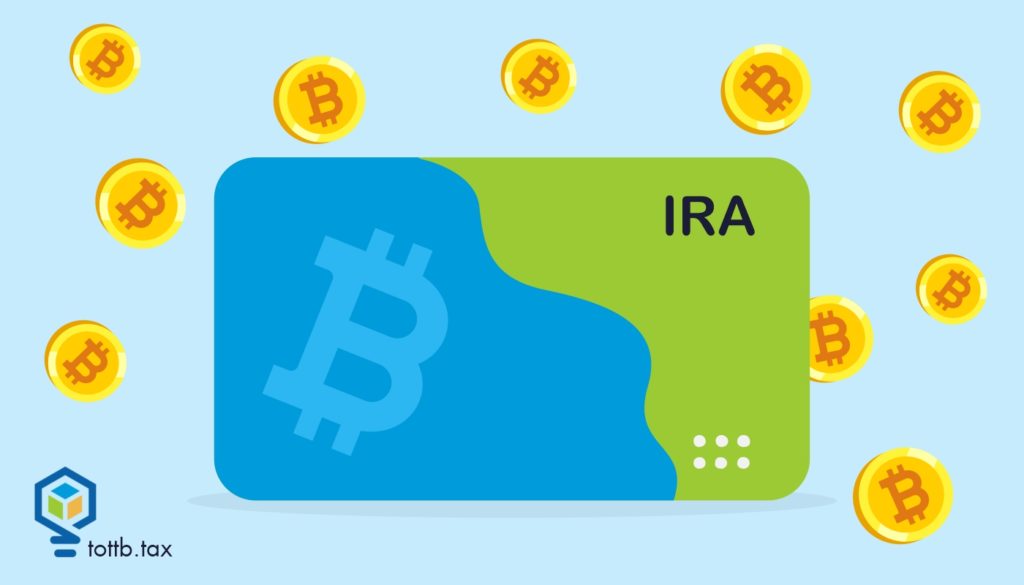Tax Disaster Relief – More Than Just Return Extensions
Evie and I withdrew from active tax practice in 2018, but she maintains a sort of family and friend’s freebie practice using Drake. I help a little. We have been struggling with difficulty getting the information for one of our “clients” as we watch the ultimate October 15 deadline creeps up on us. She is in Florida in one of the counties covered by President Biden’s disaster declaration relative to Hurricane Ian. So it was sort of a relief to find out that we have another three months to get the return done.
In this case it is not a huge benefit since interest will still clock if there turns out to be a balance due, since the payment was due on April 18. “Certain deadlines” falling on or after September 23, 2022 and before February 15, 2023 are postponed through February 15, 2023.
Read on to learn more!
Tax Disaster Relief – More Than Just Return Extensions Read More »








